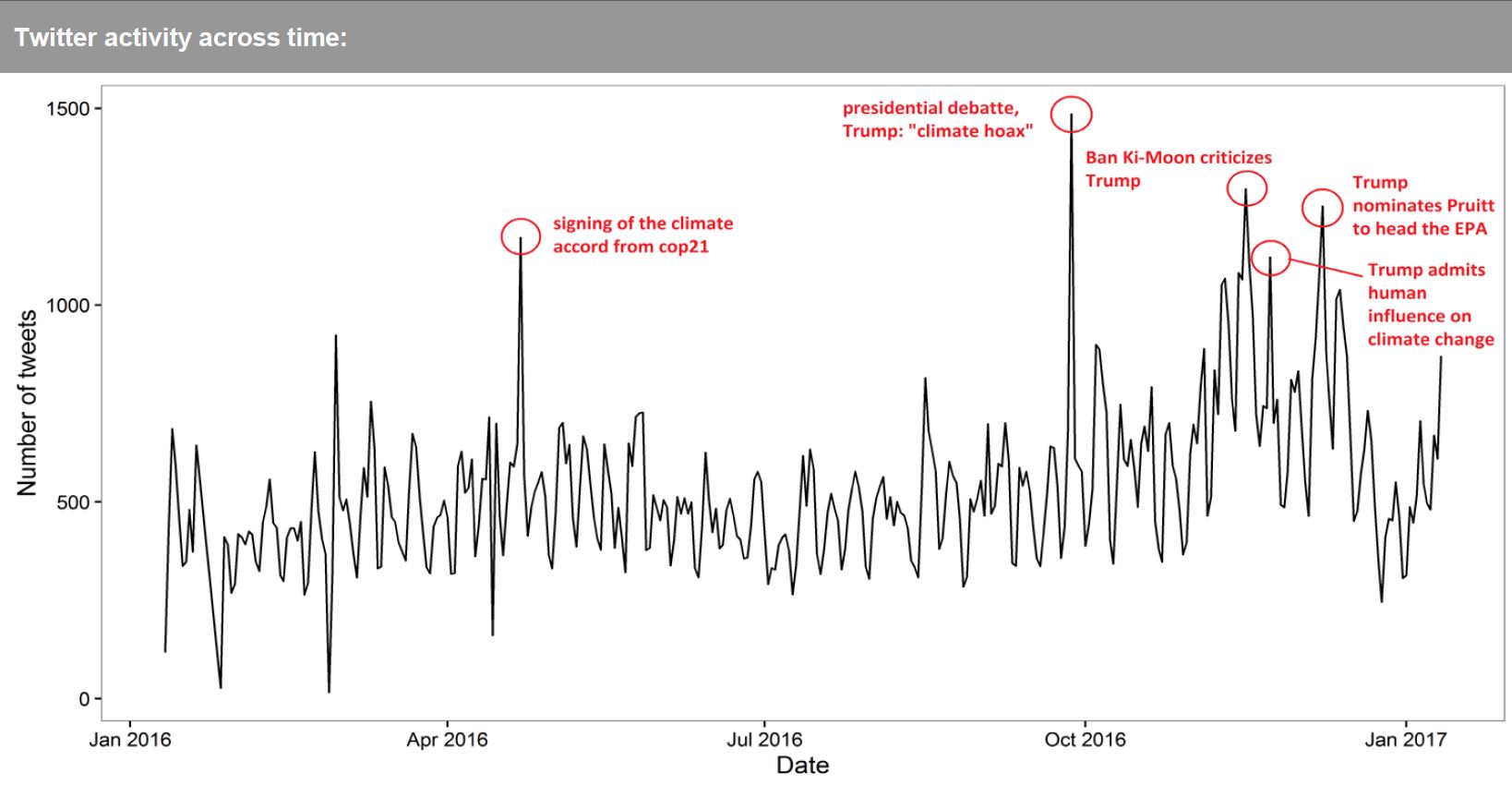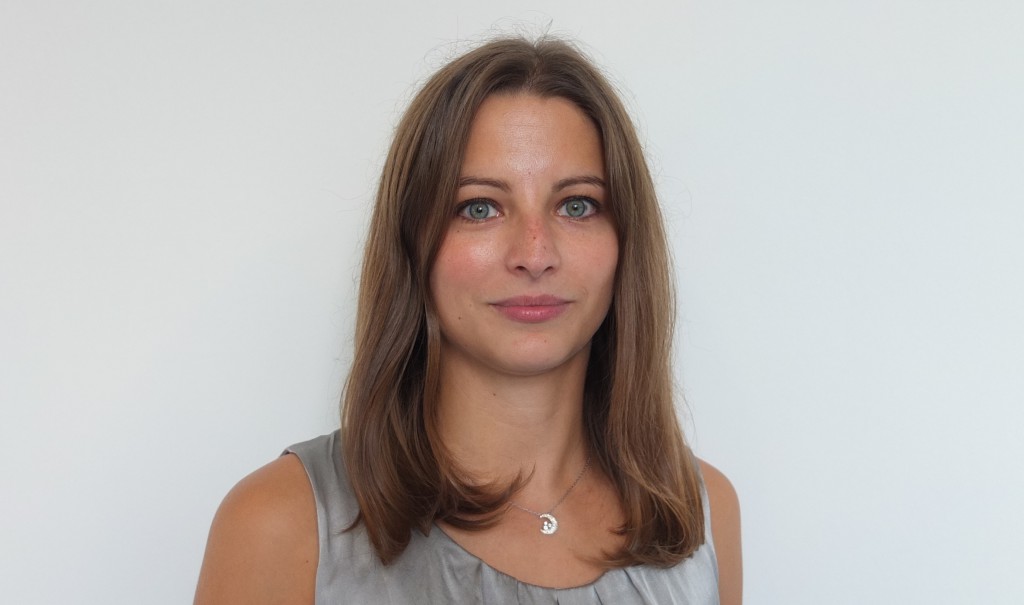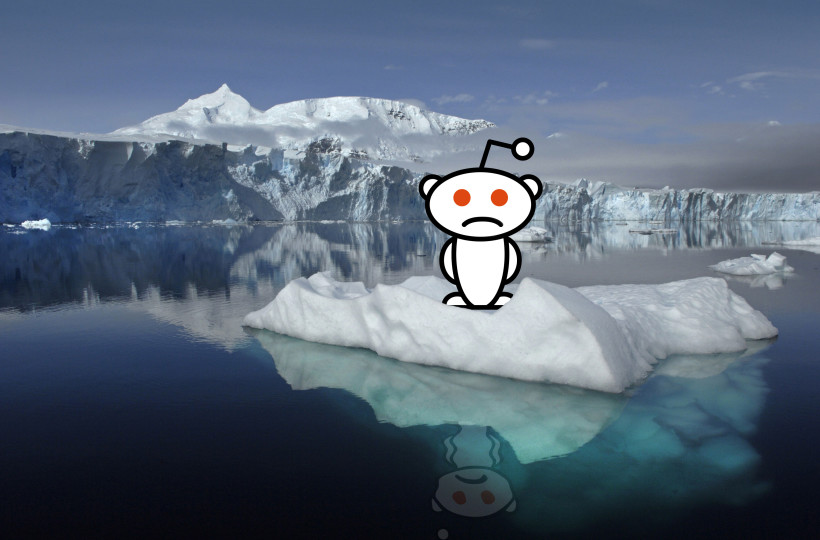
Following up on our series about climate change in pop culture (read part 1 about young adult novels here), we would like to present you some examples of pop songs from different musical genres dealing with the topic of climate change. There are many reasons for science to take popular culture seriously – one of them being that pop culture can be seen as a “battlefield” where scientific knowledge and attitudes are presented and disputed. If science disregards this field, it is left for pseudo-scientific actors, fundamentalists and figures with vested interests who use pop culture as a way to spread their view on scientific topics such as climate change (see also Allgaier 2017). Continue reading Climate Change in Pop Culture – Part 2: Pop Songs






